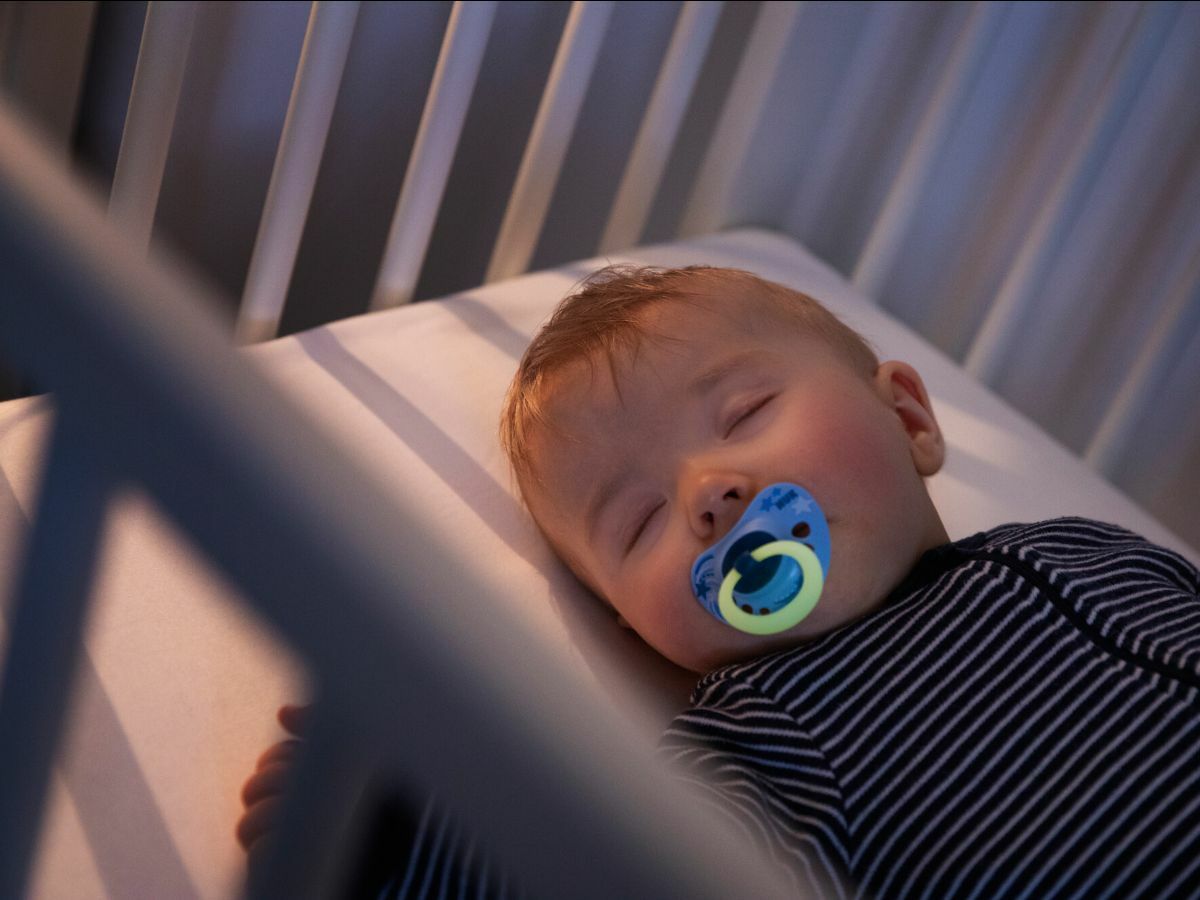By Burgie Ireland RN RM SANC
Babies start sucking long before they’re born. In fact, they start doing this when they’re seven or eight weeks old in the womb. By six months gestation, babies are able to suck and swallow, and by seven months, some are sucking fingers, thumbs and toes.
Babies suck to survive and self-sooth (called non-nutritive sucking). They’re able to coordinate sucking, swallowing and breathing by 32 weeks gestation – which puts premature babies at risk because they’ve not yet developed this reflex. Until such time, premature babies are tube-fed. Their sucking reflex can be stimulated with the help of a specially designed pacifier that’s small enough to prevent gagging. These pacifiers are shaped to mimic the nipple so that premmies are able to make a transition from bottle/cup feeding to breast feeding with ease. These soft pacifiers are designed to fit against the baby’s delicate palate, and this helps to prevent long-term damage to this tissue.
Sucking helps to stimulate digestion – particularly in colicky babies who struggle to settle down after feeds. Sucking also help babies to cope with pain – from circumcision to vaccination jabs. Thumb and finger suckers often find it difficult to give up this habit – after all, these aren’t disposable! This can become problematic after teething – especially when permanent teeth start pushing through. Orthodontically designed pacifiers help to prevent permanent tooth misalignment.
Some parents worry that their child will go to ‘big school’ sucking a dummy. Relax. Play school, day care or nursery school usually sorts this problem out. Littlies quickly forget about their insecurities once they’re familiar with their new surroundings. By the age of three, most toddlers only need a pacifier at night, and the next step, persuading them to give their pacifier to a ‘worthy cause’ – e.g., the Easter Bunny – may take a bit of bribery!

